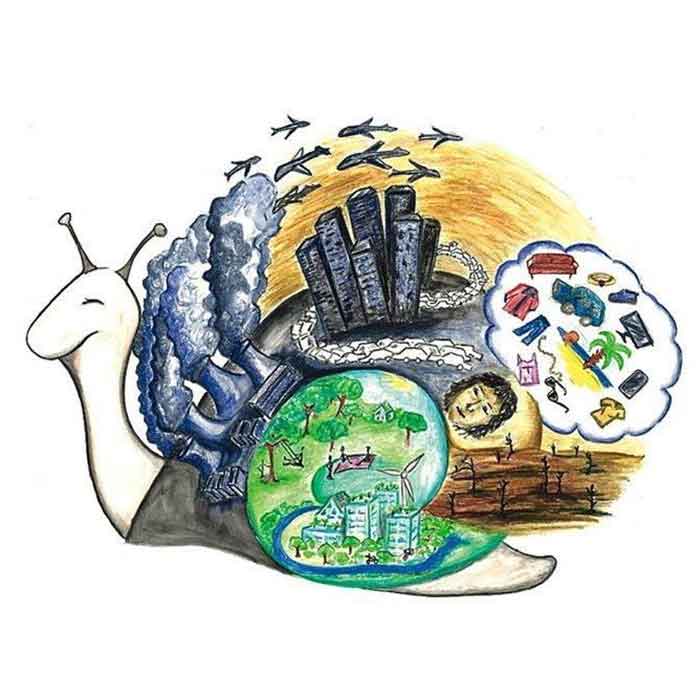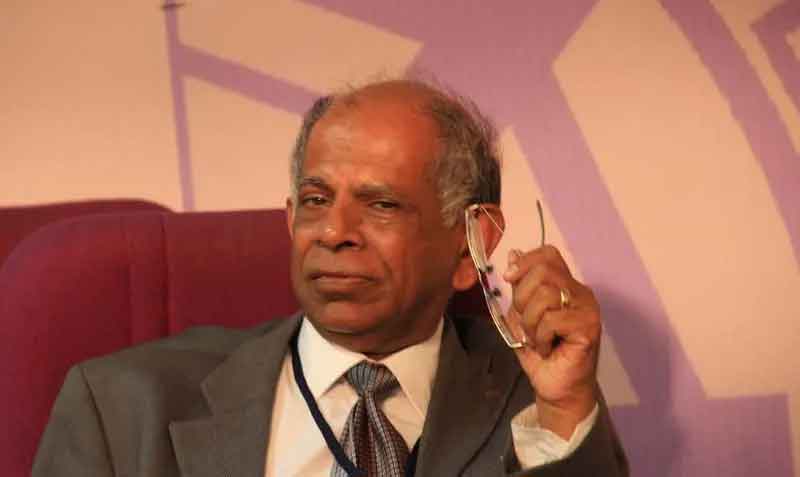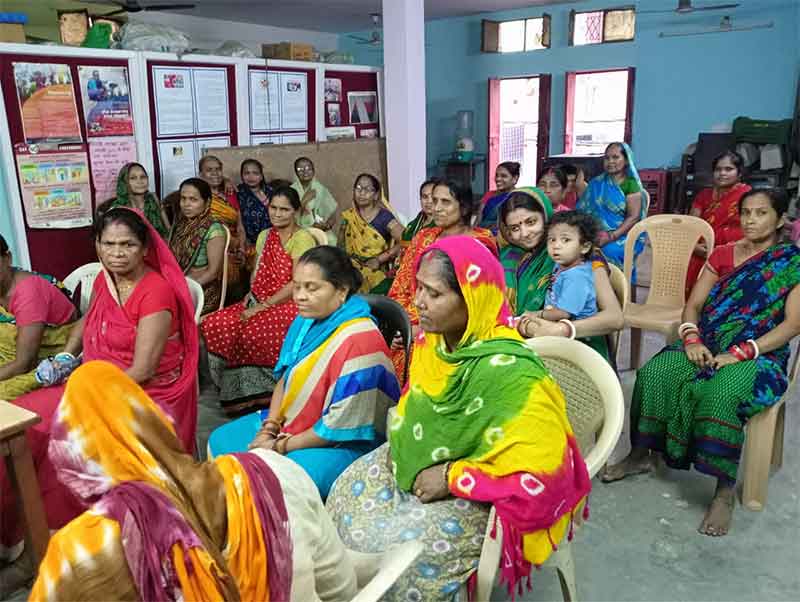
Etymologically, the term “abuse” has its roots in both French (abus) and Latin (abūsus). Historically, “abuse” has been employed as both a noun and a verb since the Middle English period (1150—1500). Its multifaceted usage throughout history offers insight into the evolving landscape of societal norms and individual behaviours. Throughout the centuries, the term “abuse” has transcended linguistic and cultural boundaries to encapsulate a spectrum of harmful actions and attitudes. Its etymology underscores the pervasive nature of such behaviours across cultures and epochs. From its earliest recorded usage, “abuse” has served as a poignant marker of societal degeneration, reflecting the erosion of moral and ethical standards.
The historical evolution of the term “abuse” mirrors broader shifts in societal attitudes towards power dynamics, consent, and human rights. From its early associations with tyrannical rule and misuse of authority to its contemporary connotations encompassing domestic violence, individual misbehaviour, and abuse in the name of relationships, substance abuse, and institutional misconduct, the semantic trajectory of “abuse” offers profound insights into the complexities of human interactions in a world of consumerism. In examining the myriad contexts in which “abuse” manifests, one can discern a troubling narrative of exploitation, manipulation, and cruelty. Whether wielded as a noun to denote physical or psychological maltreatment or deployed as a verb to describe the act of misusing power or trust, “abuse” serves as a stark reminder of humanity’s capacity for both benevolence and malevolence.
Abuse represents not only forms of self-degeneration but also serves as a tool wielded by reactionary individuals and failed institutions to thwart progressive transformations in the everyday lives of people and the planet. Individuals perpetrate abuse against each other, while capitalism, in its pursuit of profit, exacerbates this exploitation by monetising and commodifying lives and relationships in various forms. At its core, abuse embodies a regressive force, impeding the advancement of societies and hindering the realisation of collective well-being. Whether manifested through interpersonal violence, economic exploitation, or systemic injustices, abuse undermines the fabric of social cohesion and erodes trust in institutions meant to safeguard the rights and dignity of individuals.
The nexus between abuse and capitalism underscores the insidious nature of exploitation within contemporary socio-economic systems. By commodifying human lives, relationships and natural resources, capitalism perpetuates a culture of exploitation wherein individuals and ecosystems are reduced to mere instruments of profit generation. In the process, human beings treat each other as commodities under capitalism. The false claims of ideological purity and individual integrity, devoid of any sense of accountability, honesty, and responsibility, has become prevailing norms in the world of capitalist consumerism. The digital revolution has merely served to accelerate the perpetuation of abuse across various stages and steps of everyday life. Within the realm of capitalist consumerism, there exists a pervasive illusion of righteousness and moral superiority, often divorced from tangible actions and ethical considerations. This narrative of ideological purity not only shields individuals and institutions from scrutiny but also perpetuates a culture of impunity wherein exploitation and wrongdoing thrive unchecked.
The advent of the digital age has ushered in new avenues for abuse, expanding its reach and impact across diverse spheres of existence. From online harassment and cyberbullying to data privacy breaches and algorithmic discrimination, the digital revolution has provided fertile ground for the proliferation of abusive practices. Emails and social media platforms, while ostensibly designed to foster connectivity and community, have increasingly become breeding grounds for abusive behaviours. The anonymity afforded by digital interfaces, coupled with the rapid dissemination of information, has facilitated the spread of misinformation, hate speech, and online vitriol. The digitalisation of various aspects of life, from education and employment to healthcare and governance, has introduced new vulnerabilities and challenges.
In essence, the term “abuse” serves as a tool of ignoramusly ignorant, uncivilised, and failed individuals, customs, traditions and institutions, encapsulating centuries of human experience, societal evolution, and moral reflection. Its enduring relevance underscores the imperative of fostering empathy, promoting justice, and combating the pervasive scourge of exploitation in all its forms. In confronting the intertwined phenomena of ideological hypocrisy and abuse in all its forms, it is imperative to re-evaluate societal norms and values. Rather than prioritising superficial displays of virtue, societies and individuals must cultivate a culture of accountability and responsibility, wherein individuals and institutions are held to task for their actions and decisions. Moreover, addressing digital abuse necessitates concerted efforts to promote digital literacy, civic consciousness fosters ethical technological development, and establish robust regulatory frameworks to safeguard against online harm.
By acknowledging the complexities of the digital age and actively working to mitigate its negative consequences, societies can strive towards a more equitable and just future for all. The end of abuse, whether at the hands of individuals or systemic forces, it is imperative to recognise its broader implications for social justice and environmental sustainability. Addressing abuse requires not only holding perpetrators accountable but also challenging the systemic conditions that enable and perpetuate such exploitation. Ultimately, combating abuse necessitates a holistic approach that prioritises the well-being of both people and the planet. By fostering solidarity, promoting equitable distribution of resources, and advocating for systemic reforms, societies can work towards creating a world where abuse has no place and where all individuals and ecosystems can thrive.
Bhabani Shankar Nayak, London Metropolitan University, UK















































